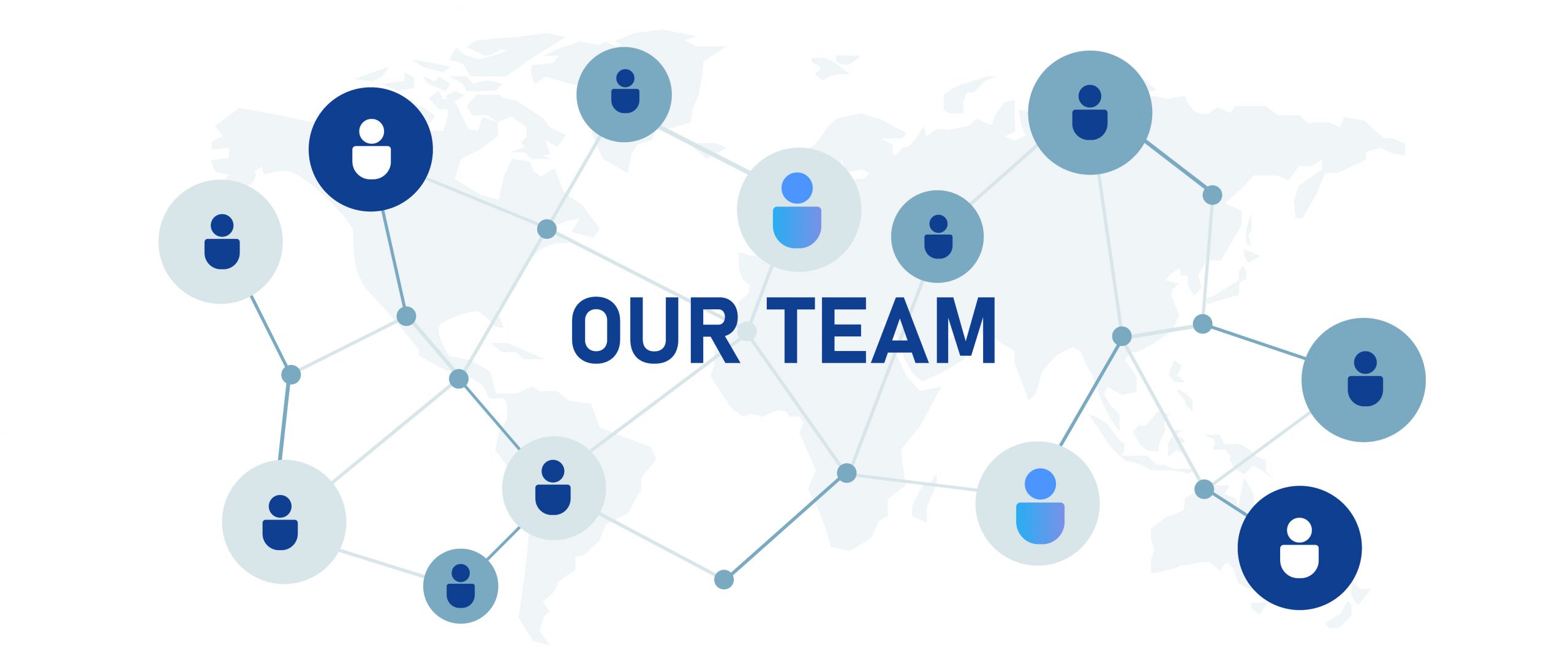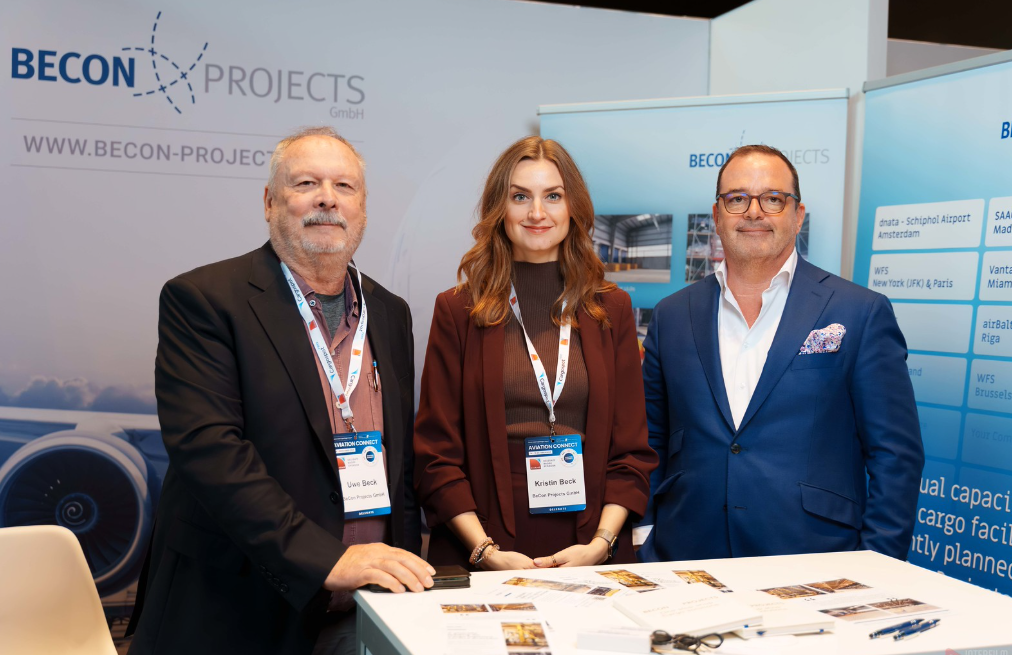Since the last post Our opinion on new tech in Air Cargo on our BeCon Project’s blog covered use cases of AI in Air Cargo, we would now dive a little bit deeper into its risks. For those of us, who watched I-robot in 2004, a science-fiction movie with top ratings and Will Smith as the world’s protector against robots, the hazards of AI may seem obvious. A scenario such as the one in the blockbuster where robots are intelligent enough to try to overpower humanity may seem far-fetched, but there is some truth to it.
Automation to take over easier jobs
AI is powerful: Machine learning – “an application of AI – enables computers to learn on their own” as explained in this article by Microsoft: Artificial Intelligence vs. Machine Learning | Microsoft Azure. AI does enable automation and it could make human jobs redundant that are mundane. We as Air Cargo consultants also believe that some roles in the workplace may easily be made obsolete as they could be taken over by AI in our industry. As Mike Thomas explains in 12 Dangers of Artificial Intelligence (AI) | Built In, “by 2030, up to 30% of hours worked in the US could be automated” and “Goldman Sachs stating that 300 million full-time jobs could be lost to AI automation”.
Deepfakes pose a serious risk
The financial market could suffer
As Mike Thomas, explains in his article, AI is increasingly used in the financial industry. Smart algorithms drive trading and thus they could cause a financial set-back of the economy. The author makes it very easy to follow by stating that “AI algorithms don’t take into account contexts, the interconnectedness of markets and factors like human trust and fear. These
algorithms then make thousands of trades at a blistering pace with the goal of selling a few seconds later for small profits. Selling off thousands of trades could scare investors into doing the same thing, leading to sudden crashes and
extreme market volatility.”
In Air Cargo, we certainly would aim for a relatively low market volatility and a relatively stable financial market, because it enables a rather stable consumption or respectively production. A stable consumption, ordering and shipment of goods, make it easier to predict Air Cargo volumes and that’s what our industry needs to be able to allocate resources and manage capacity as wells as yields effectively and efficiently. Of course, algorithmic trading is by far not the only factor that could trigger volatile markets. However, we believe it is important to be aware of the fact that it can influence the financial market’s development.
What is the takeaway here? AI can do a lot of great things, it does allow for smart trading, automation, and lots of other benefits, also in our industry, but its risks must be closely monitored and managed. We’ll cover more of them in the next blog post. Stay tuned.



